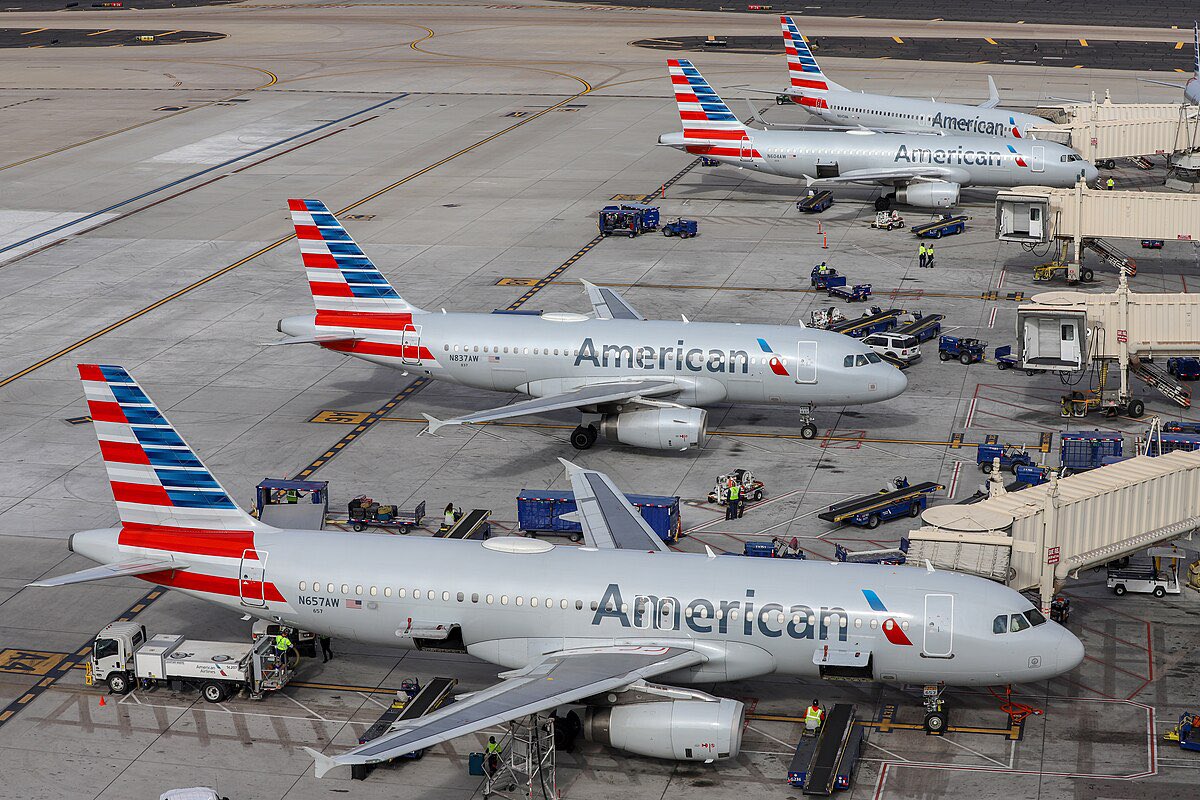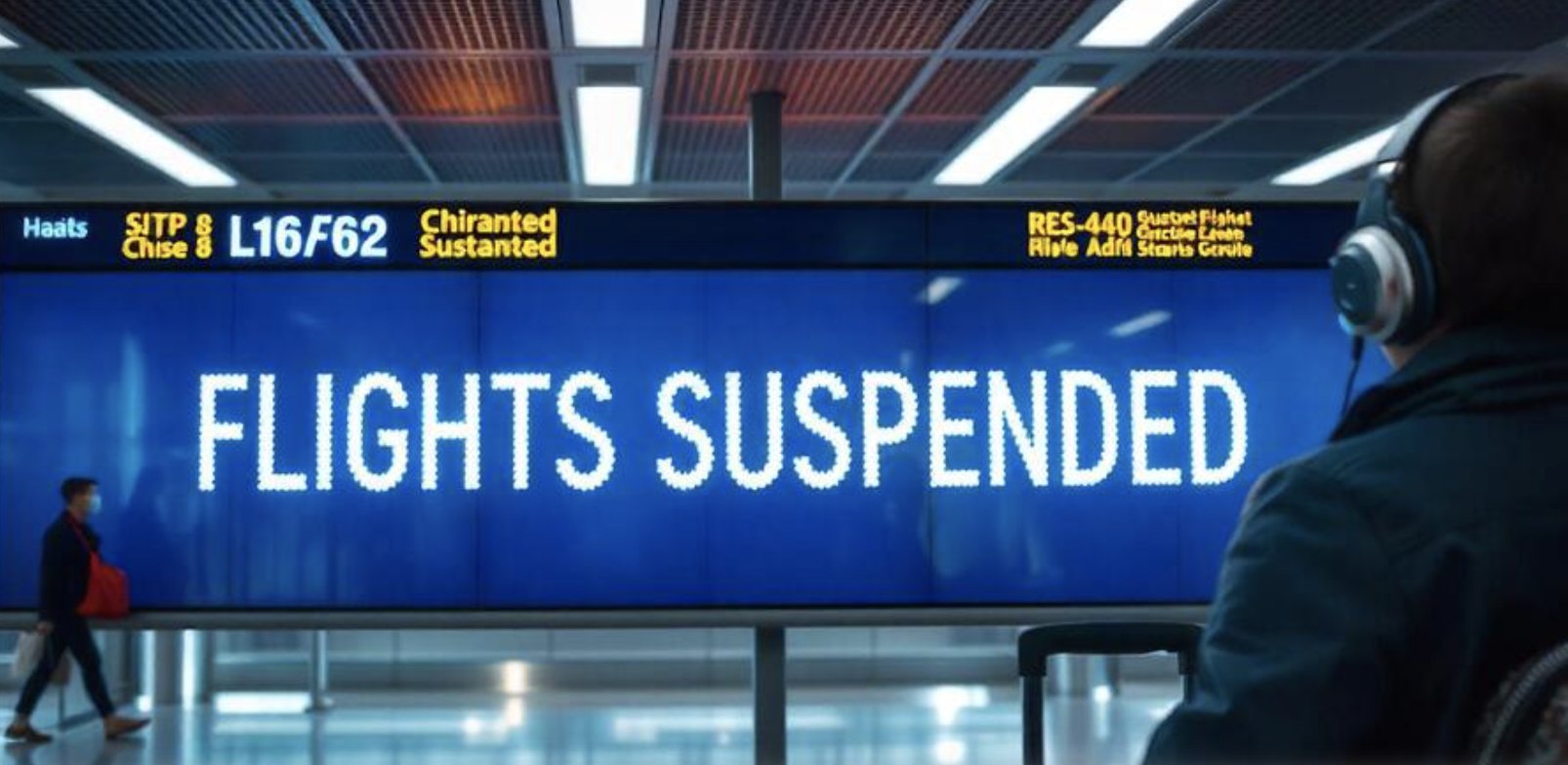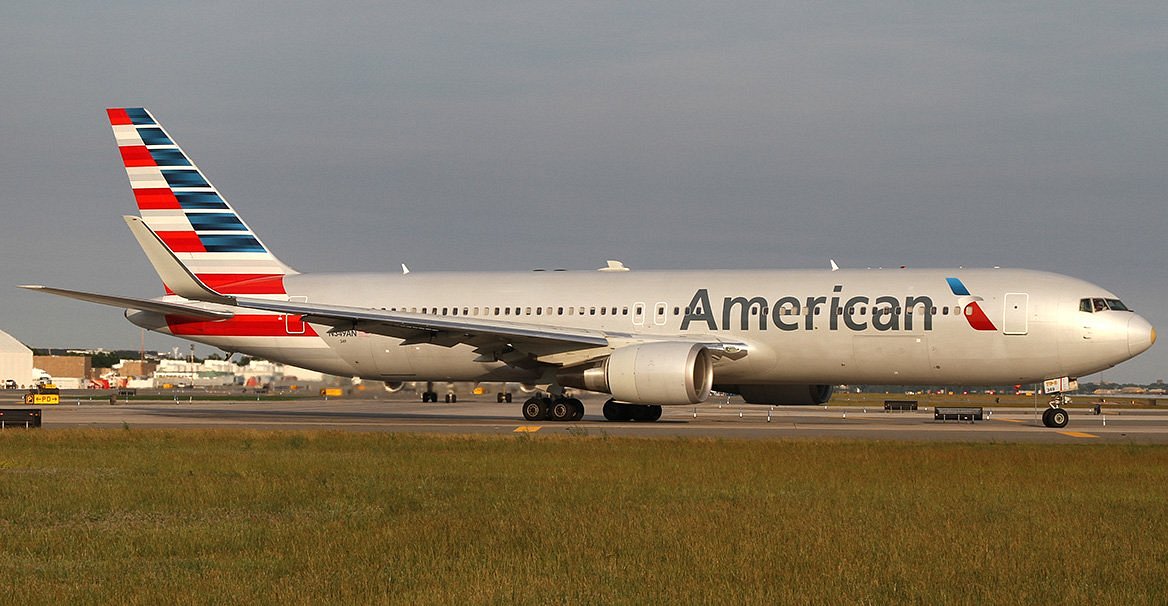
British Airways and Singapore Airlines have suspended all flights to Dubai in the wake of a sudden escalation in Middle East hostilities, following the United States' bombing of three key Iranian nuclear sites—Fordow, Natanz, and Isfahan—late Saturday night. The US strikes, ordered by President Donald Trump, marked the first direct US military action against Iran since 1979 and were carried out using B-2 stealth bombers equipped with powerful bunker-buster munitions.
Trump described the operation as a “spectacular military success,” claiming the targeted nuclear enrichment facilities were “entirely destroyed,” although independent verification of the extent of the damage remains pending.
The US action was a response to a dramatic surge in violence between Iran and Israel, with Israel having launched unprecedented strikes on Iranian soil just days earlier. In retaliation for the US bombings, Iran fired two waves of 27 missiles at Israel’s Ben Gurion airport and multiple military and research sites, triggering air raid alarms across Israel and causing significant destruction in cities such as Tel Aviv and Haifa.
Israeli emergency services reported at least 20 injuries, and footage showed widespread damage, collapsed buildings, and emergency crews working in the rubble. Israel responded with additional airstrikes on western Iran, targeting missile launch sites and military personnel.
The fallout from these military actions has had immediate global repercussions. British Airways diverted at least two flights mid-air—one returned to London after reaching Egyptian airspace, while another landed in Zurich after circling for hours—leaving around 1,000 passengers stranded in the UAE.
Singapore Airlines also canceled services to Dubai, joining a growing list of international carriers rerouting or suspending flights to Gulf destinations as airspace over Iran, Iraq, Israel, and Jordan became increasingly restricted.
Diplomatically, the US has stated that the strikes were limited in scope and not intended to signal a push for regime change, while Trump warned of further military action if Iran retaliates or if peace is not swiftly achieved. Iran’s government condemned the attacks as a “severe and unprecedented breach” of international law and warned of “lasting repercussions,” asserting it would reserve all options for its defense.
Experts believe the risk of a nuclear explosion or large-scale radiation release from the bombed sites is low, as the facilities did not house nuclear warheads or reactors and were reportedly evacuated before the strikes. However, the situation remains highly volatile, with analysts warning of potential asymmetric Iranian responses, such as cyberattacks or proxy actions, as both sides brace for possible further escalation.
The ongoing crisis has left thousands of travelers stranded and the aviation industry scrambling to adapt, while the world watches closely for Iran’s next move and the potential for a broader regional conflict.

.jpg)



.jpg)














.jpg)








.jpg)


























